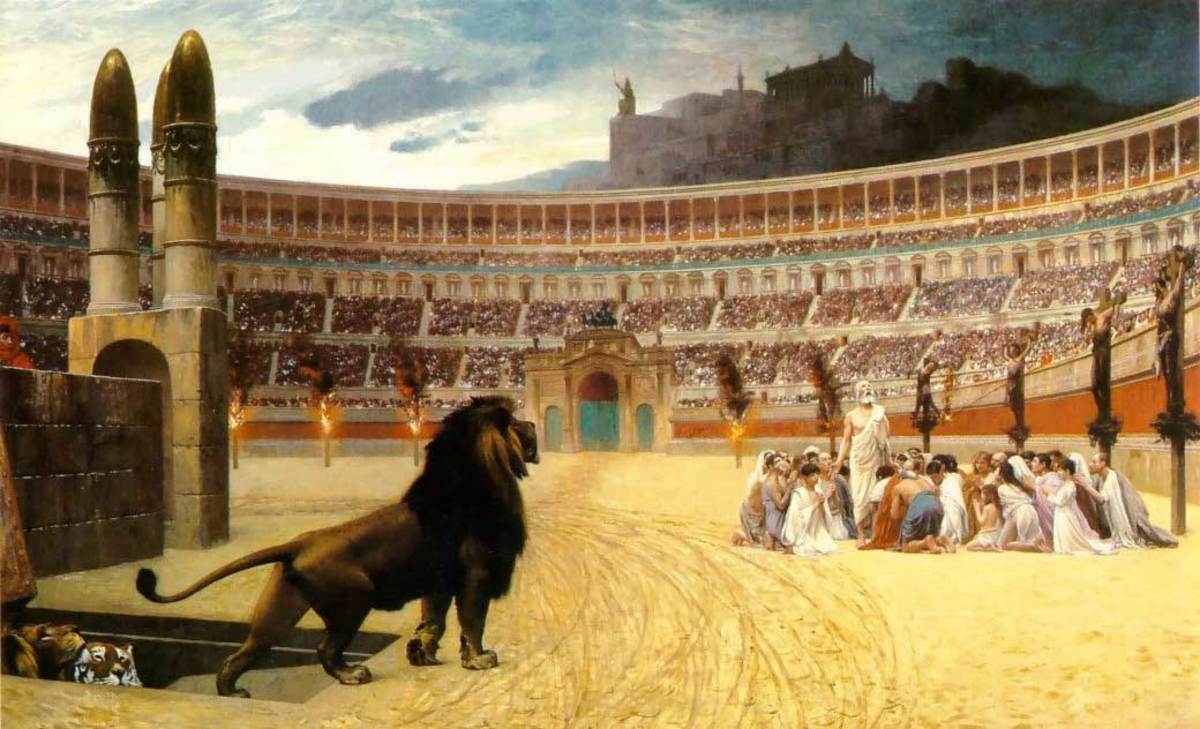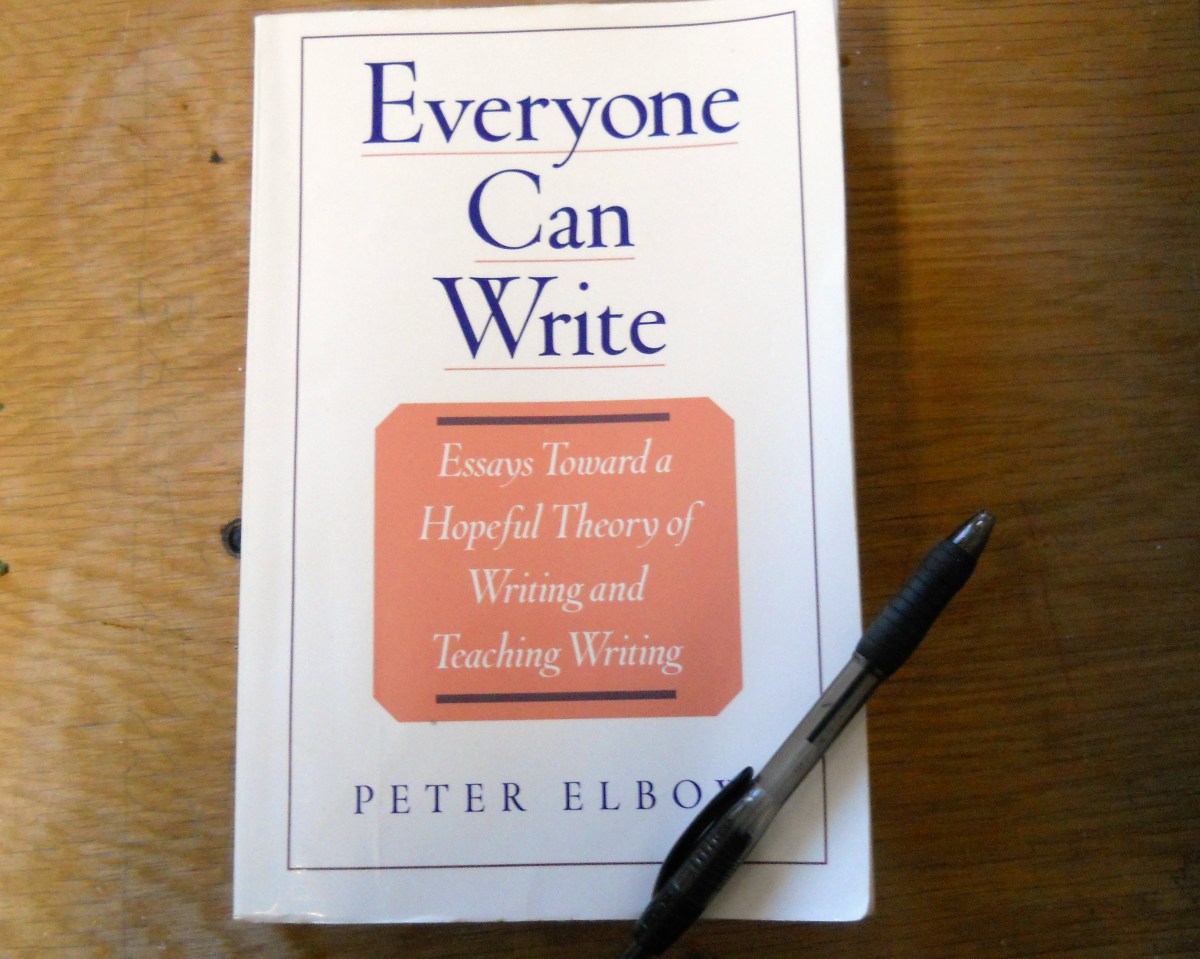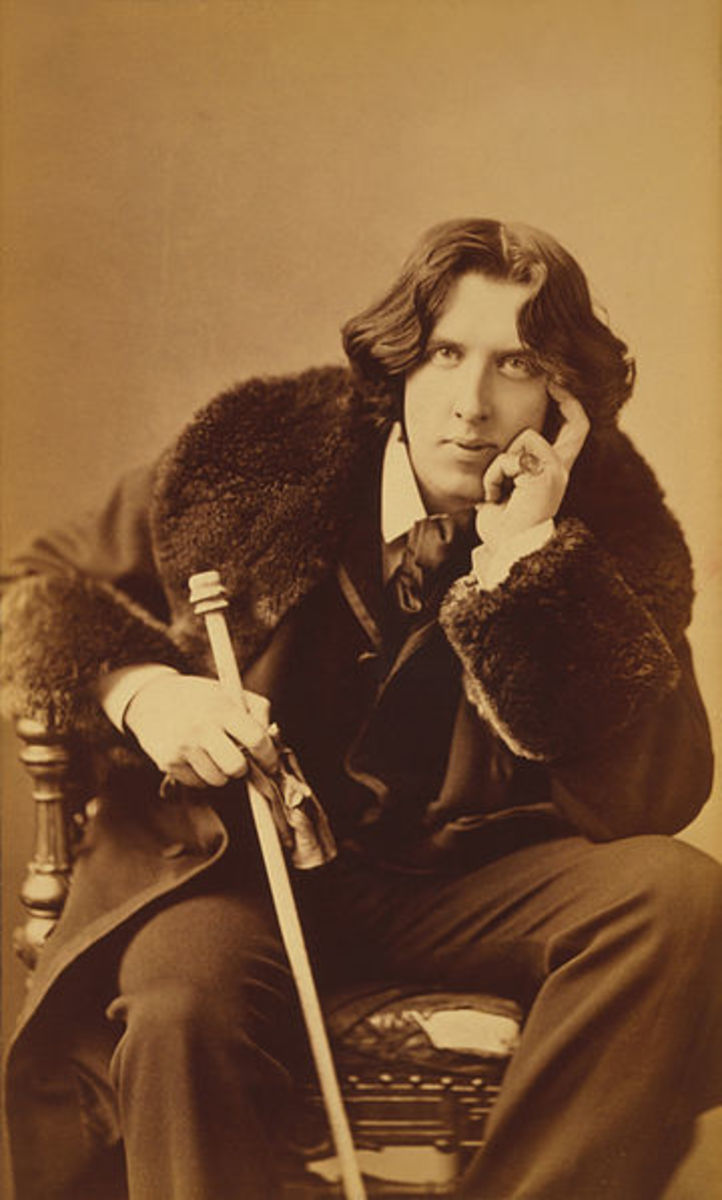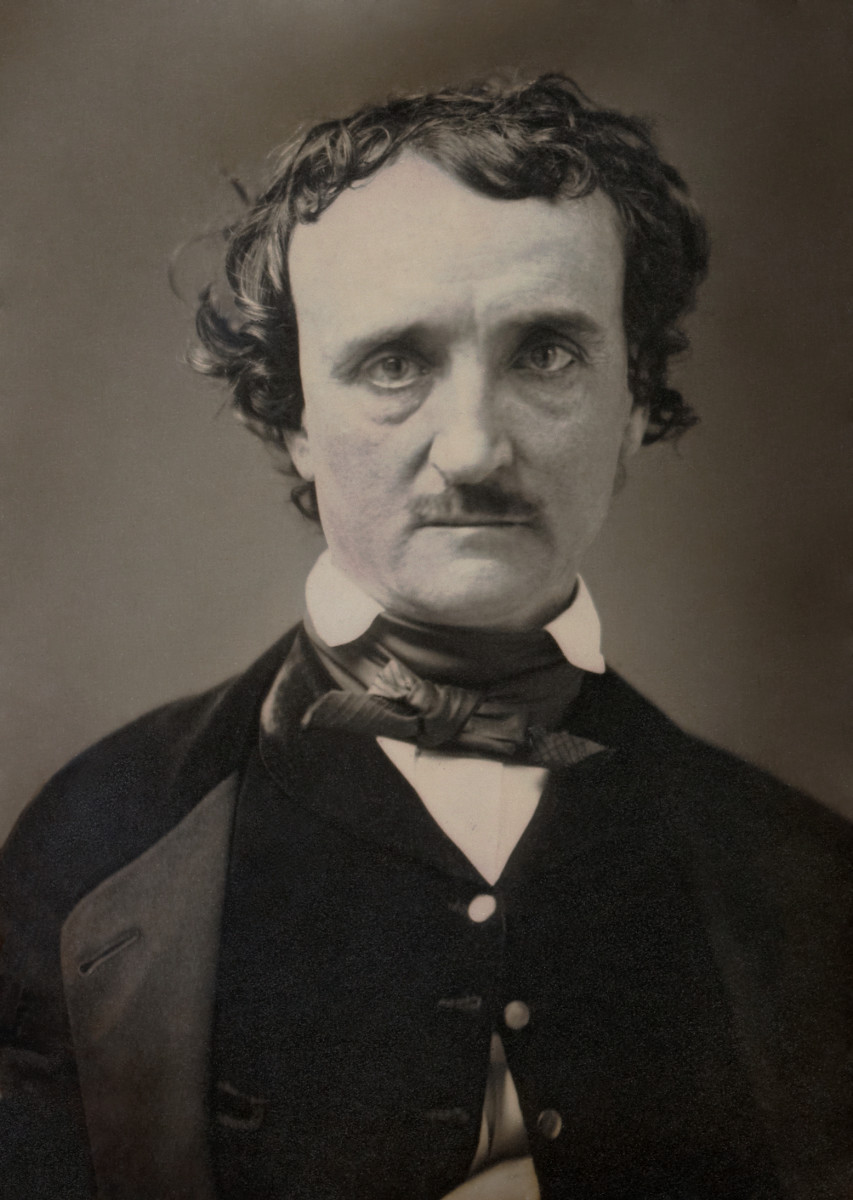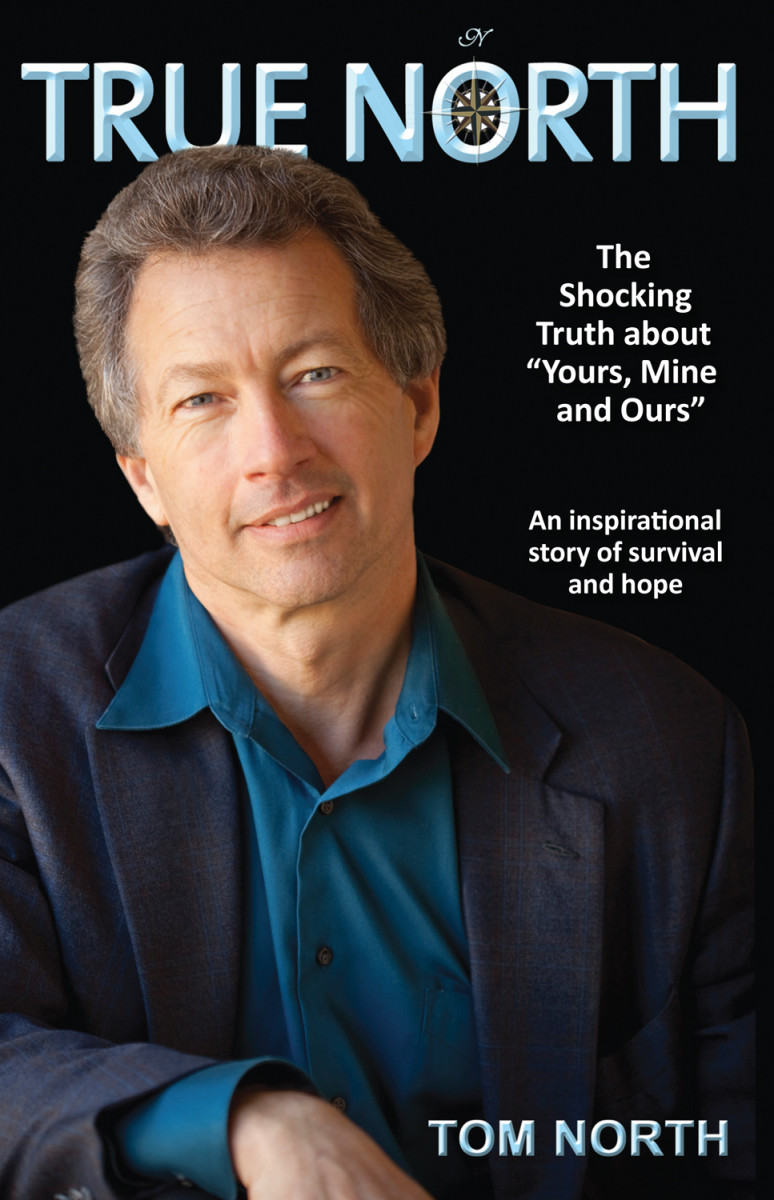Book review of Christianity for the Rest of Us
About the book
Christianity for the Rest of Us was written by Diana Butler Bass and this is a book that celebrates the smaller churches struggling with being a small church in today’s mega church communities. Bass recognizes the need for small churches to do the work of God throughout our country, and not to just give up and die. From her background in a mainline denomination, Bass senses the need and urgency to create a resource for other small church enthusiasts who do not want to see their church die simply because it is small. The greatest challenge in Christianity for the Rest of Us lies in its greatest strength, those churches who were willing to reach out to others grew those that did not want to change, slowly died away.
Christianity for the Rest of Us is a great resource for anyone who wants to be a part of something more than just a group of people gathering in a large building. This is not a book for those who love the mega church, to attend church with thousands of other people and have no idea who the pastor is or where the pastor goes after a service. This is a book that shows many different ways for small churches to reach inside of themselves and use their own strengths to grow and flourish in today’s fast moving lifestyles. Diana Butler Bass helped many small churches through her research and questioning nature, and because she allowed herself to be changed by the process as well, the product ended up being that much better for everyone.
Christianity for the Rest of Us is a journey through the country and a period of time to visit several smaller churches that are making great strides in being unique and loving to the community God placed them in. They did not close their doors to the community, but opened them even wider, allowing others to come in and feel welcomed.
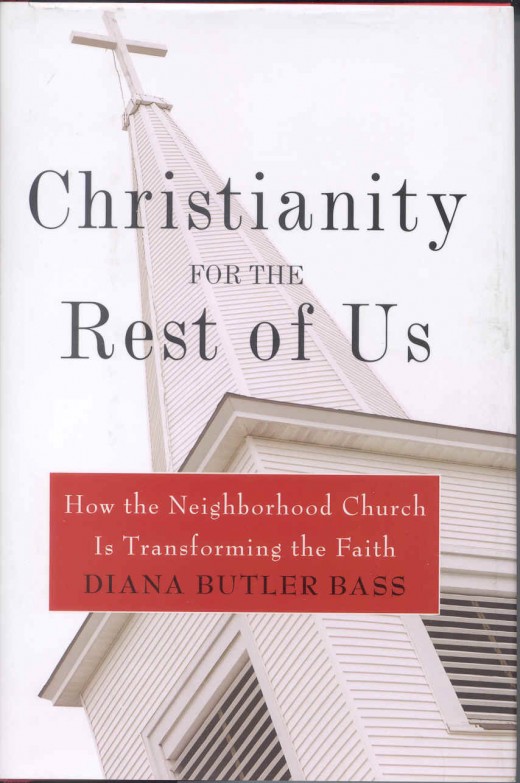
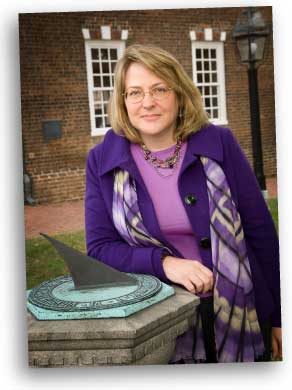
The basics of Christianity for the Rest of Us
Christianity for the Rest of Us begins by explaining the basic purpose of the book. As I said earlier, this is not a book for those who love the mega church. This is almost a primer for how smaller churches can reach out to those around them and be accepting and loving to anyone who comes into their doors. Christianity for the Rest of Us also explains the transformative power of being alive in the Spirit, of allowing others into our lives and being changed by their presence and knowledge. The book is broken into three parts, explaining why the book was written to the ten pillars of renewal that Bass found to be the most effective for the small churches. She ends with the idea of moving from being a spiritual tourist to a spiritual pilgrim.
The second part is the main meat of the book. Each pillar can stand by itself, and in many cases it does just that, but by combining some of the pillars into one greater mission strategy a smaller church can become more than just a passing fad. The signposts range from Testimony to Healing, Healing to Worship, Reflection to Diversity and many more. Each signpost explains how one of the churches that Bass visited used certain areas to grow both spiritually and numerically. Allowing people to become an active, loved member of the church is that main goal of every small church, and by looking at what makes each specific church unique, interesting, Christianity for the Rest of Us explains the church has the power to change in simple ways. One church simply began using different music during the service, allowing more than just traditional hymns to be played and sung. Even using different instruments instead of the almighty organ or piano had amazing results. People would come and appreciate the different sounds, the different music, knowing that it still allowed all to fee the presence of God in their midst. Some churches opened their pulpits to allow people to tell their own story in Testimonies. Allowing people to take ownership of their spiritual lives and experiences helped others understand they too were important to God and others. Many churches saw the need to open their doors to those who are left behind or ignored. Allowing people to use their building to create a newspaper for the homeless or feed those who otherwise would not have much to eat. The transformational power of Hospitality was amazing, because soon those who were being served became the servants. Those who came and ate soon wanted to help out and offer their own gifts to the church. Each person was valued for who they were and where they had come from, and that was the main goal for every church that was visited. By the end of the book Bass herself was amazed at how much she had learned, experienced, and changed. She no longer wished she could go back to her old church life, but fully enjoyed the new church life she found herself in. In talking with pastors and church goers all over the nation she came to understand the power of being a church that can transform a community from the inside.
Thoughts, opnions, and how to use this book
This book helped me cope with many challenges I face as a pastor in a small church. Too many times we have to figure out how to serve people with limited resources and limited people to serve. We have a congregation that is fairly remote and many churches around us are closing their doors forever. To know and see that there are other churches out there that are staying open, that are staying alive is a great motivation for us. The book is simple, easy to read and helps you understand how each signpost can be used in your own church. Whether you are the pastor, a lay leader, or simply attending a church that you love and want to see become more than it currently is, this book can help. Christianity for the Rest of Us is set up to be used in small book studies, with questions in the back to help discussion and open people to what they think would work in their own church. It also has proof of the data obtained and evaluated throughout the project. Each section can help the congregation or small group come to terms with where they are in life and where they want to be with God. By opening yourself to the future while never forgetting the past you can fully be involved in the present. It is an inspiring book for anyone who appreciates the neighborhood church and wants to see them grow instead of fade away.
Other book reviews
- Dietrich Bonhoeffer: Life Together
- Review of A New Kind of Christian
I am a minister who sometimes struggles with why the church acts the way it does, especially to those who call themselves Christian. I have often wondered why there are so many different philosophies of how to... - The Celtic ways to evangelism in a new world
The Celtic method was used centuries ago to help people come to Christ, and they understood that most people did not understand the history or traditions of the church. There was no way for someone with no...

